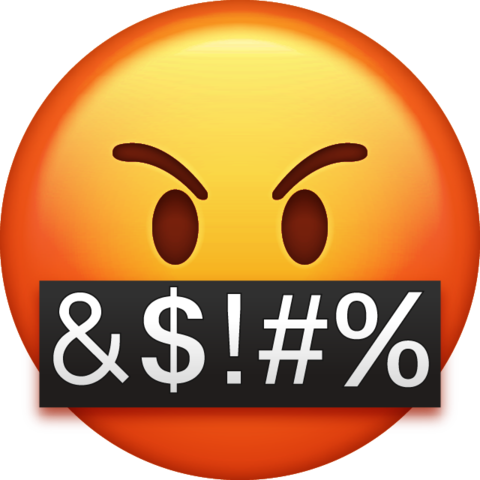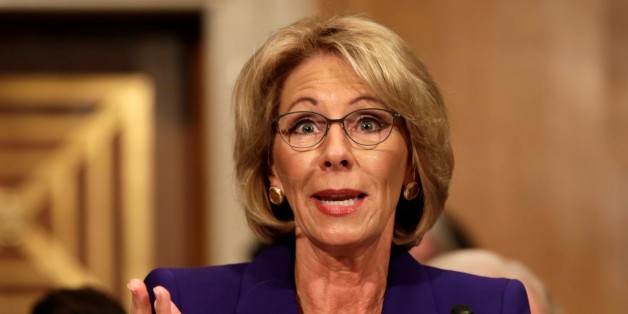Admitted child sex offender David Byrd, who serves in the Tennessee House of Representatives, has indicated he will seek re-election to his seat in 2020. The announcement comes despite earlier claims by Byrd that he would not seek re-election AND after Gov. Bill Lee reportedly asked Byrd not to run.
Here’s a summary of what TNEdReport has noted about Byrd in recent years:
Casada Cozies Up to Byrd
Last year, former House Speaker Beth Harwell was calling on state representative David Byrd to resign amid allegations he had improper sexual relationships with high school students he had coached. Now, new House Speaker Glen Casada has appointed Byrd to Chair the House Education Administration Subcommittee.
No One on Byrd’s Subcommittee Would Challenge Him
At yesterday’s meeting, Byrd asked each committee member to introduce himself (the committee is made up of seven men) and state an interesting fact.
Each member proceeded to attempt humor. Not a single member used the opportunity to call on Byrd to resign from his committee leadership post. Instead, they acted as if having an admitted sex offender at the helm of a legislative committee was just business as usual.
Voucher Vote Nails Byrd
David Byrd is out as chair of a House Education subcommittee just one day after his vote against Governor Bill Lee’s school voucher plan. While some had speculated Byrd might vote in favor of vouchers in exchange for cover from Lee, Byrd voted NO on Lee’s plan yesterday in the full House Education Committee.
Governor Bill Lee failed to call on admitted sex offender and state Rep. David Byrd to step down from his leadership post on an education subcommittee following a meeting between Lee and one of Byrd’s accusers. However, Lee’s henchman, House Speaker Glen Casada, removed Byrd from his leadership post following Byrd’s vote in opposition to Lee’s school voucher scheme.

For more on education politics and policy in Tennessee, follow @TNEdReport
Your support — $5 or more today — makes publishing education news possible.







